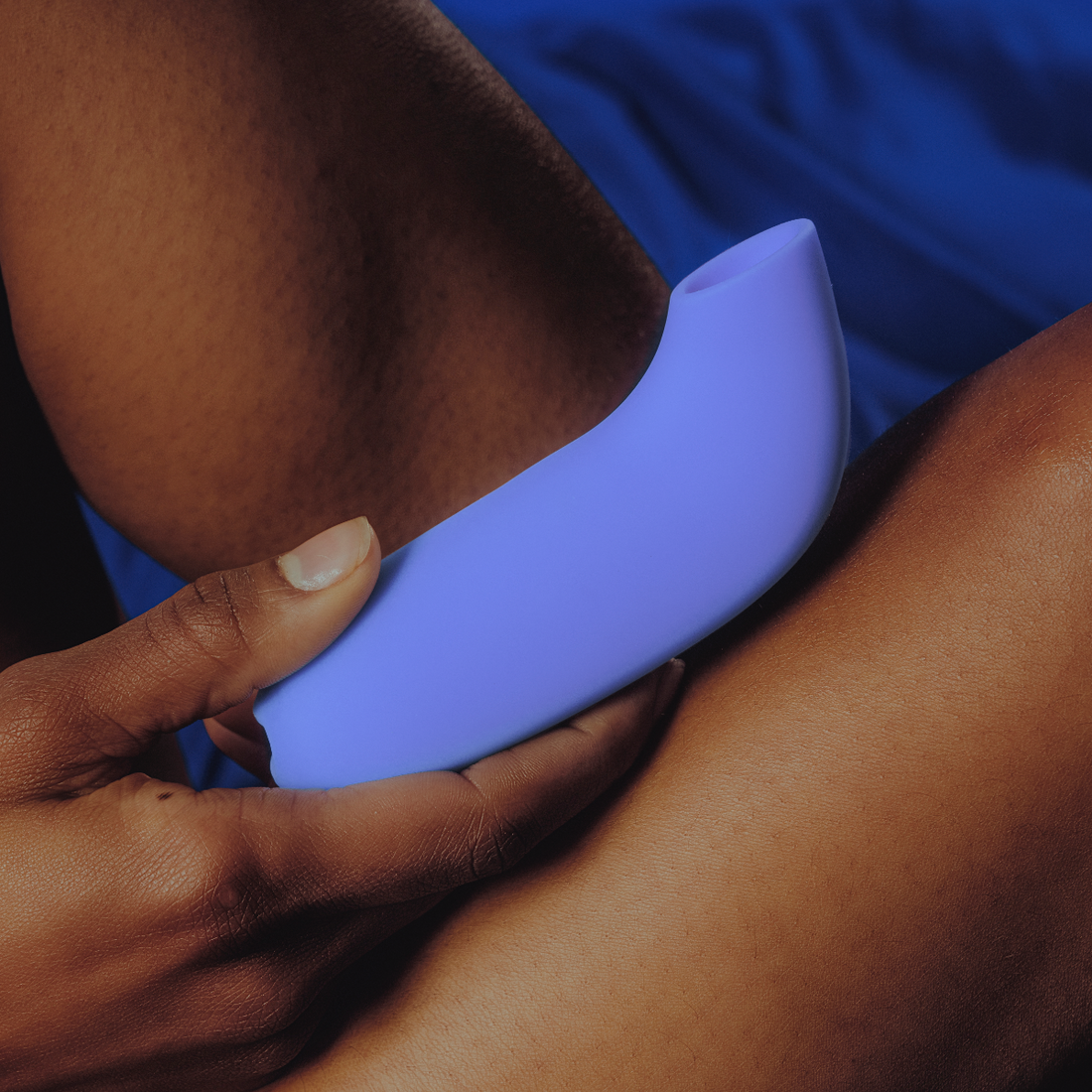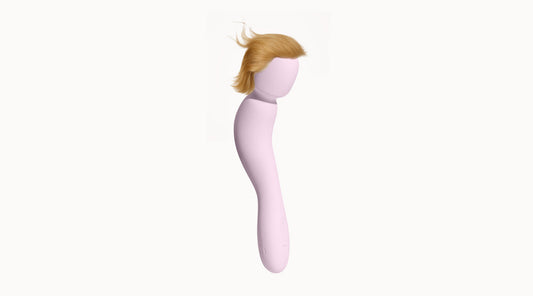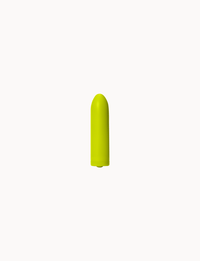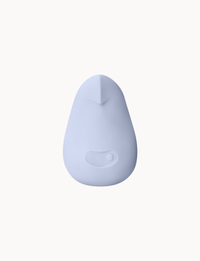What happens when you really, really want sex but you just can't get wet? No matter what you or your partner does, your vagina remains dry as a bone. It may be awkward, embarrassing, and worrying, but it's also perfectly normal to experience a dry spell at some point in your life. Vaginal dryness has all kinds of physiological and psychological causes, as female hormones fluctuate frequently—especially estrogen, the key player in keeping you wet. While you can still have a satisfying sex life without producing natural lubrication, identifying the root cause of your vaginal dryness could lift the lid on your overall wellbeing.
Hormones Can Wreak Havoc
Hormones are responsible for regulating everything from appetite to sleep to libido. Estrogen, in particular, keeps the vagina lubricated and maintains the elasticity and plumpness of the vaginal walls. Any disruption to ovulation can lead to lower levels of estrogen and ensuing vaginal dryness. So look out for missed or irregular periods as a possible cause. You could be low on testosterone, too. Known as the key sex hormone, testosterone is actually produced in your ovaries and also needed for estrogen synthesis. If you’re feeling dry, fatigued, and your sex drive has gone AWOL, this could be a telltale sign that your testosterone levels need a boost.
Can You Rule Out Medications and Menopause?
If you’re taking medications or hormonal contraceptives, these could be messing with your hormonal regulation. The biggest culprits are the Pill, patches, and rings that mimic the progesterone-dominant, post-ovulation luteal phase of your cycle and keep estrogen levels consistently low. You could swap to a non-hormonal birth control option like the copper IUD or condoms.
When you're stressed, all your bodily resources are directed towards the production of cortisol, at the expense of your reproductive hormones.
If you’re taking other medications, check with your doctor to see if these can cause vaginal dryness. But if pills aren’t to blame, menopause might be—depending on your age. As the ovaries begin to release fewer eggs, the luteinizing and follicle-stimulating hormones that maintain the menstrual cycle can no longer regulate estrogen levels. As these fall, vaginal lubrication also decreases. This seems like bad news, but regular sexual activity actually helps keep tissues thick and moist, so definitely stock up on lube.
Sleep More
If neither medication nor menopause can be singled out, request a blood test to check your hormone levels. But also look out for damaging lifestyle habits you’ve developed, such as lack of sleep. The less you get, the lower your hormone levels will be. Insulin in particular doesn’t respond well to sleep deprivation, which could lead to insulin resistance, resulting in polycystic ovary syndrome—and this messes with all your sex hormones.
Feed and Water Your Vagina
If you’re not eating enough, you’re probably not getting enough cholesterol—but the ovarian follicles need this to produce testosterone and synthesize estrogen. You can get the right kind of cholesterol from nuts, seeds, and oily fish such as salmon and sardines. Zinc-rich foods will also give testosterone production a boost, so get stuck into seafood and red meat (or legumes if you’re a vegetarian). Pooping is super-important, too, as your body needs to excrete excess hormones. If you’re not pooping every day, hormonal excess can build up and wreak havoc. Swap sugars and processed food for fiber, B vitamins, and magnesium, which all support the digestive tract, and liver function in regulating the hormones that enter the bloodstream. Try fermented foods or taking probiotics if you’re feeling backed up, or chuck chia seeds, flaxseed, and whole grains into your diet. Your body also needs sufficient H2O intake to keep it functioning properly, and the skin of the vagina can be especially susceptible to dryness when not hydrated from the inside out. Dehydration can also disrupt the delicate balance between good yeast and bacteria in the vaginal ecosystem, which can lead to itchiness and yeast infections.
Clear Your Schedule
If you’re overcommitting to an intense work and/or workout schedule, this will create the kind of stress that inhibits testosterone production. HIIT workouts will make you super-fit, but one too many could have an adverse impact on your hormones. In particular, too much high-intensity training will increase cortisol levels and dampen testosterone levels.
Female desire is multi-faceted and often challenged by unconscious obstacles.
Similarly, stressful work or home environments could create the same physiological response as if a bear were chasing you. When you’re stressed, all your bodily resources are directed towards the production of cortisol, at the expense of your reproductive hormones. When your body has to choose between survival and sex, the former will win. Simply swapping cardio for yoga may not be enough to dial down your stress levels. You may need to talk it out with someone, such as your partner, a friend, or a therapist.
Clear Your Head
“Female desire is multi-faceted and often challenged by unconscious obstacles,” explains psychosexual therapist Aoife Drury. “The first step is deciphering the physiological blocks from the psychological, which could be caused by residual trauma. This varies from a major life event or something as fleeting as a catcall.” Drury also says the level of sex education you received could have had an adverse effect. “If any misinformation was given that could have encouraged fear of your own body, you can feel shame around sexual fluids.” Working through these psychological obstacles could pave the way to physical arousal, but Drury emphasizes the importance of self-acceptance along the way. “We all experience our desires differently,” she adds. “And that’s okay.”
Understand Your Desire
“We have a cultural expectation that desire should be spontaneous,” says Sarah Rose Bright, a sex, pleasure, and intimacy coach. “If we don’t experience this, we believe something is wrong with us. Yet female desire is often responsive, which means a woman may have what we call sexual accelerators or sexual brakes.” Accelerators might be compliments or soothing music to aid relaxation, but brakes are generally internal. “Listening to our inner critic can block the ability to truly let go,” Bright says. Negative self-talk, or a negative comment from a partner, can be like a poison dart.” Bright recommends looking beyond sex, since desire stems from understanding the experience of pleasure in all areas of life, so spend time understanding what really excites you. “It’s common for women to know what they don’t want without knowing what they do want,” Bright says. “Women also tend to put other people first, leaving no space for their own pleasure, which often comes with guilt, anyway.”
Put Your Pleasure First
Lay down your boundaries and focus on making love to yourself for a while. Take it slowly and really engage with your body. “I recommend doing a body scan in the shower,” says Drury. “Feel the water on your skin, then apply body lotion while looking at yourself naked. Make the effort to discover what turns you on rather than struggling with what you’re told should turn you on.” Bright agrees: “If you can relax into your body, you can hang out in pleasure, enjoying the sensation. If you’re feeling relaxed and happy, you’re more likely to feel turned on.” And more likely to get wet.
Lube Up Your Sex Life
Whatever the root cause of your vaginal dryness, it doesn’t have to mark the end of your sex life. Spend as much time as you need on masturbation and foreplay, and use lube for everything, not just vaginal penetration. Put it on your hands, your body, your toys. Confused about which ones to try? Here’s our complete guide to lube.




















































